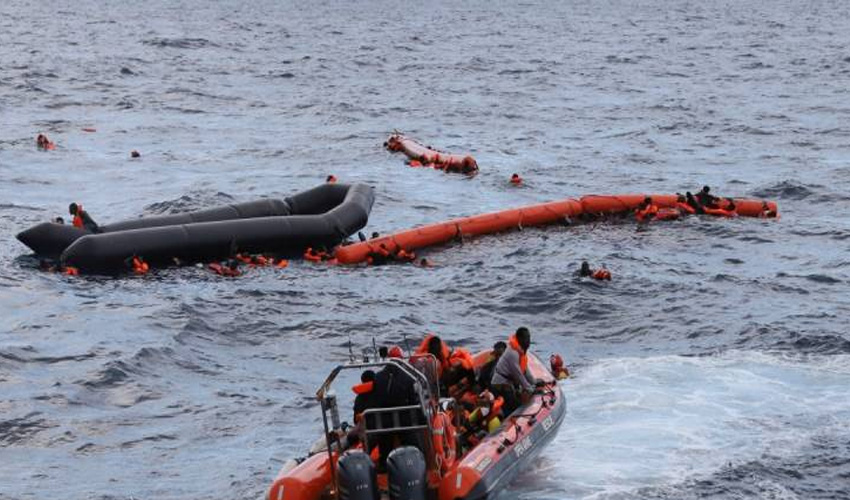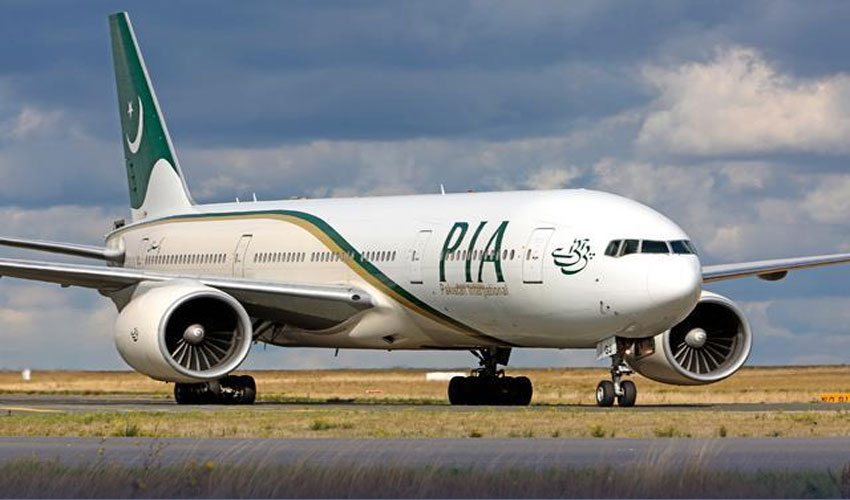After more than a decade of waiting, Bulgaria and Romania are set to partially join Europe's expansive Schengen area of free movement on Sunday, allowing for travel by air and sea without border checks.
However, land border controls will remain in place due to Austria's concerns about potential influxes of asylum seekers.
The decision to allow Bulgaria and Romania partial membership in the Schengen zone is seen as a significant step forward, symbolizing a sense of dignity and belonging to the European Union for both countries.
Stefan Popescu, a foreign policy analyst, emphasized the importance of this milestone, highlighting the previous sense of being treated differently by Romanian citizens.
The inclusion of Bulgaria and Romania will bring the total number of Schengen members to 29, encompassing 25 EU member states and four non-EU countries.
While the Schengen rules will apply to select sea ports and airports in Romania, including Otopeni airport near Bucharest, additional staff will be deployed to enforce security measures and combat illegal immigration and human trafficking.
Both Bulgaria and Romania aspire to fully integrate into the Schengen area by the end of the year. However, concerns remain among truck drivers who face long wait times at borders with neighboring countries, leading to significant financial losses for hauliers.
Despite these challenges, authorities in Bucharest and Sofia remain committed to the irreversible process of Schengen integration, with plans to extend membership to land borders by 2024.



























